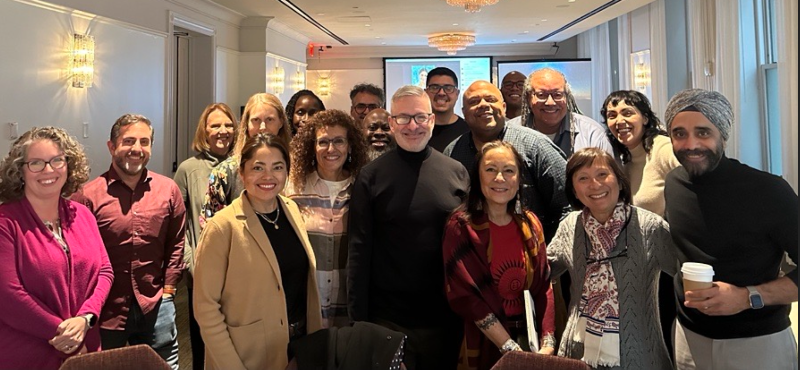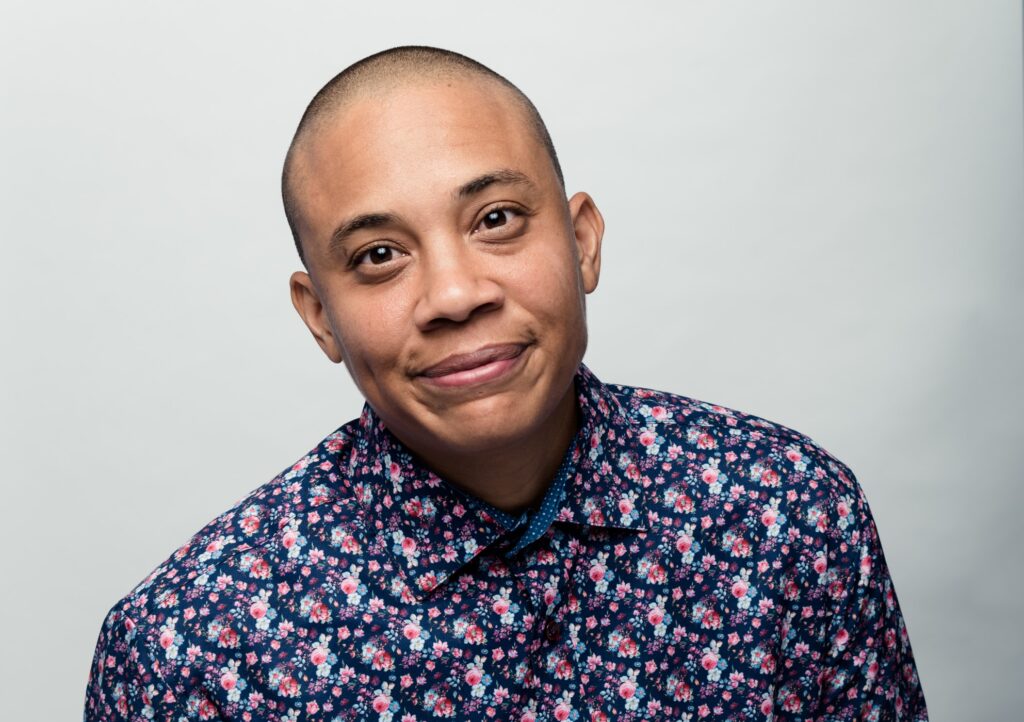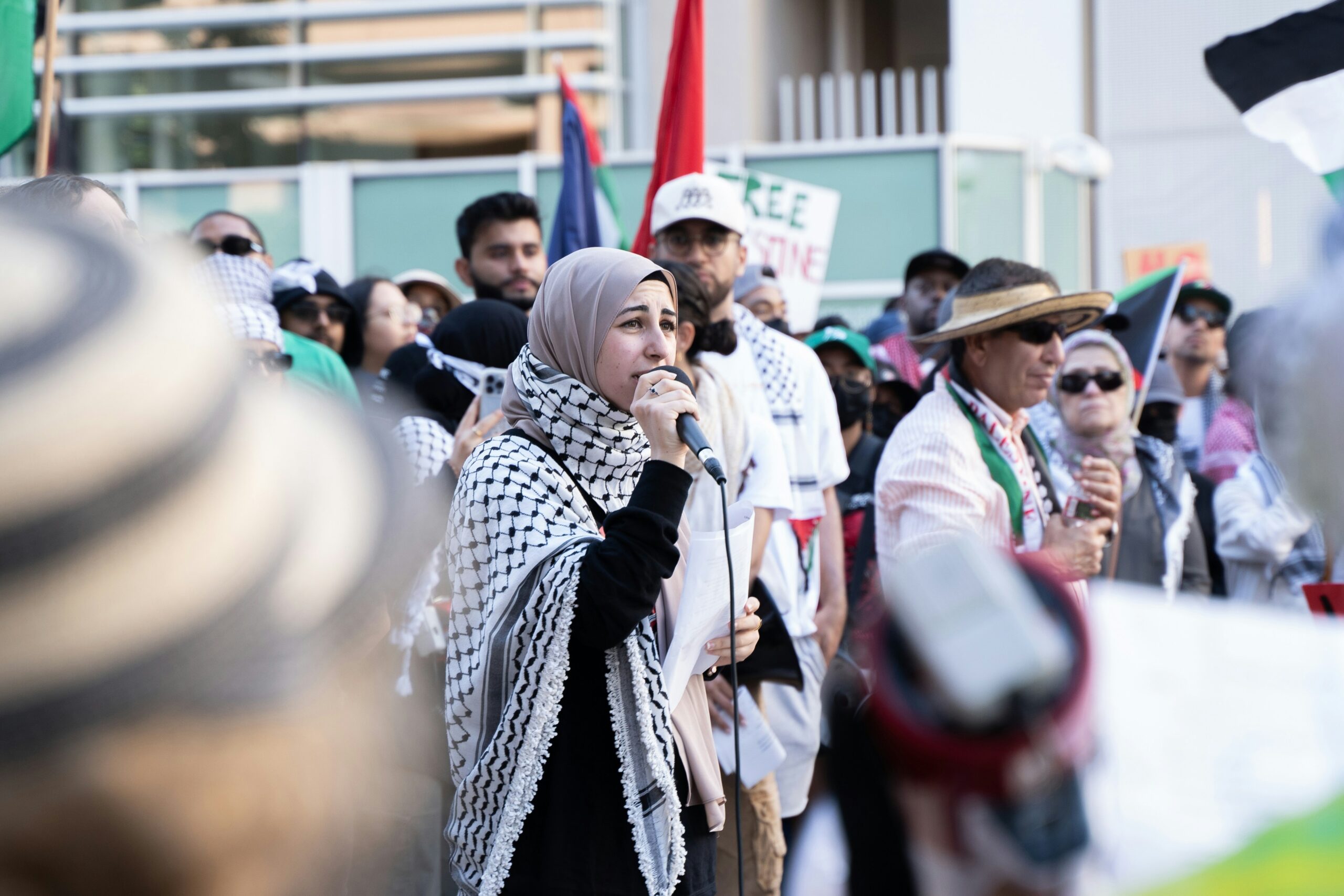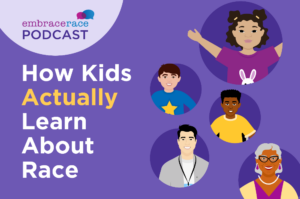Proteus Fund’s March 2024 Newsletter

It’s been an eventful and productive start to the year for Proteus Fund. We have welcomed fresh perspectives and expertise to our work, while also building upon our toolkit of strategies to advance social justice movements – providing even more support to their vital efforts.
We are fortunate to have started this year with exciting new Board leadership. These dynamic leaders are already bringing new energy and ideas to our governance and work.
To deepen our work on racial justice, we have launched the Solidarity Collaborative. This intentional focus on creating and deepening intersectional solidarity between organizations and communities working toward racial justice is a bold and innovative next step in advancing our vision of an inclusive multi-racial democracy.
As comprehensive attacks on bodily autonomy spread, the implications for reproductive rights and health as well as trans lives generally are staggering. With a new five-year program plan, the Rights Faith & Democracy Collaborative continues to work at the precise intersection where Christian nationalism and the dismantling of the separation between church and state meet bodily autonomy and democratic norms.
Additionally, the ongoing crisis in Gaza has led to rising hate, intimidation, and government suppression for BAMEMSA communities in the United States. As you’ll read below, our RISE Together Fund program continues to move at a rapid pace to provide grants to support the urgent needs of organizations and communities affected by this escalation.
Even amid such trying and turbulent times, we are continuously reminded of the resilience of our grantees and fiscally sponsored projects. It’s that resilience and the gravity of what’s at stake that renews our determination and supercharges our work – work that we couldn’t do without the support of our donor partners and other collaborators in philanthropy.
-Paul
In addition to supporting social justice movements through Proteus Fund’s work, our team members are sharing their expertise and experience in spaces that amplify our focus on racial, gender, queer, and disability justice.

In February, the Rights, Faith & Democracy Collaborative (RFDC) hosted a donor meeting in New Mexico. The meeting was designed to bring donor partners even closer to RFDC’s work, contextualizing it within the larger fight to protect democracy, reproductive freedom, and LGBTQ liberation. Donors also had the opportunity to build a stronger sense of community with one another and to develop a deeper understanding of RFDC’s vision for scaling up over the next 5 years.
Glo Ross, program officer at Arcus Foundation, attended the donor meeting. Hear what Glo had to say about why the Arcus Foundation has supported the work of RFDC for the past 8 years.
“Arcus supported RFDC since its inception because we knew it was essential to address the issue of religious exemptions and their harmful impact on LGBTQ equality and reproductive rights and justice. Since then, the threat of white Christian nationalism has only grown, perverting theology to advance discriminatory policies at every level. We support RFDC because we understand that LGBTQ justice and liberation is only possible by resourcing cross-movement collaboration and faith-rooted organizing focused on recapturing faith as a progressive value.”

This month, many Muslims marked the start of Ramadan with foreboding sadness and trepidation. Palestinians in Gaza continue to experience horrific violence, a blockade, and what the U.N. has called a “starvation campaign.” In the U.S., an atmosphere of fear and suspicion has gripped Black, African, Arab, Middle Eastern, Muslim, and South Asian (BAMEMSA) communities. It’s an environment that community members say is reminiscent of the post-9/11 era, which was punctuated by isolation, hate incidents, and government targeting.
While Ramadan is best known for fasting – no food or water – from dawn until dusk, for many it is the abundance of compassion, community, and generosity that are most remarkable. And it is within this complex and, at times, uncomfortable relationship between scarcity and abundance that change is borne. This Ramadan we, at RTF, redouble our efforts. In the face of growing violence and the epidemic of hate directed at Palestinian, Arab, and Muslim communities, RTF remains steadfast, supporting the field through the compounding crises and recognizing the abundant future that can only be realized through a powerful and resilient BAMEMSA field.

We are excited to celebrate the launch of EmbraceRace’s new podcast. EmbraceRace joined Proteus Fund as a fiscally sponsored initiative in 2016 and supports parents and caregivers to raise kids who are thoughtful, informed, and brave about race.
Andrew Grant-Thomas and Melissa Giraud co-founded EmbraceRace in response to their experience as social justice workers, educators, and parents who struggled to find the tools they needed to raise multiracial children. Through resources, discussion spaces, and networks, EmbraceRace aims to foster resilience in children of color and nurture cross-racial inclusivity and empathy in all children.
With its new podcast, EmbraceRace brings you the best and latest advice on how to guide kids around race through informative conversations with researchers, practitioners, and community members. In this inaugural season, EmbraceRace explores long-standing myths about race and kids and discusses How Kids ACTUALLY Learn About Race.
The podcast is an extension of the work of EmbraceRace, and Melissa and Andrew host the series. Hear what they have to say about this incredible new resource.
“When we started EmbraceRace in early 2016, we didn’t have the resources or capacity to add a podcast to our foundational work of creating and curating resources and community to support caregivers wanting to raise kids with healthy racial attitudes. But early on, we started having webinar conversations with guests, and we saw quickly that there was a substantial and very engaged audience for conversations about race and kids. When George Floyd was murdered in 2020, EmbraceRace had already built up resources and an archive of webinars that many more people started to find. The week of Floyd’s murder, we had 15,000 people register for the two webinars we held. By the end of that year, we had over 70K subscribers to our newsletter.
Even though our webinar numbers remained relatively good, we knew we could reach more people with a podcast. And as we exited the intense COVID time, our subscribers asked for it. They are busy people (often parents of young children) who want to be able to listen to EmbraceRace conversations while making dinner or commuting. We were also all experiencing Zoom fatigue.”